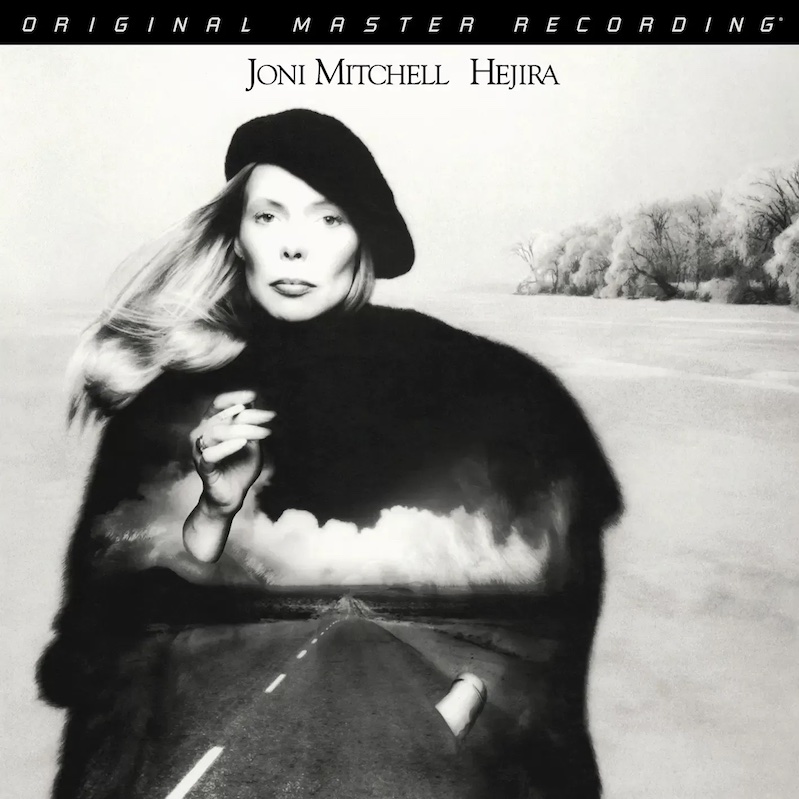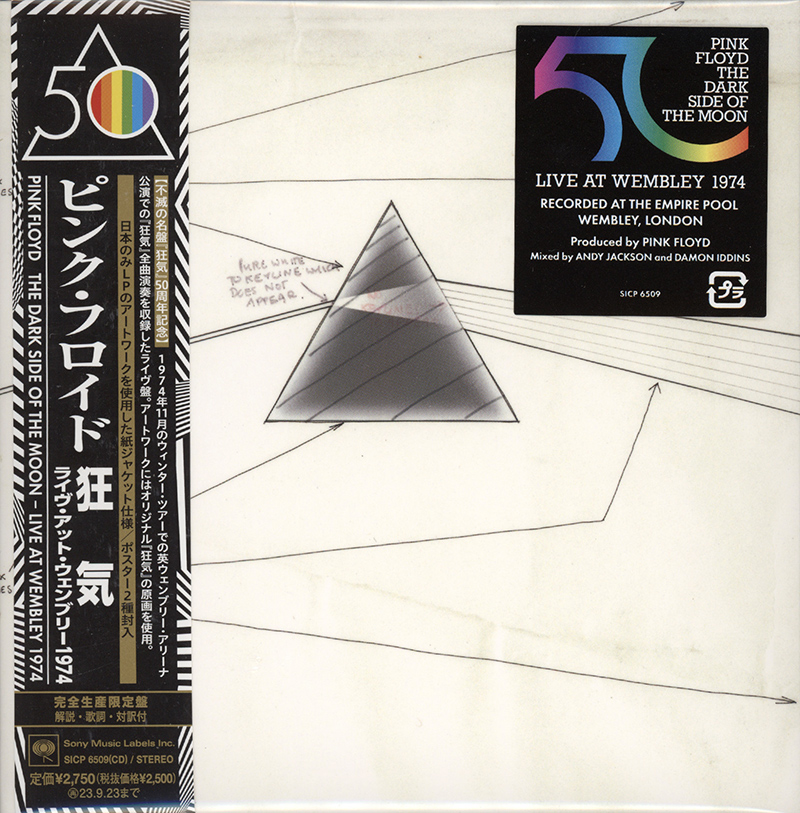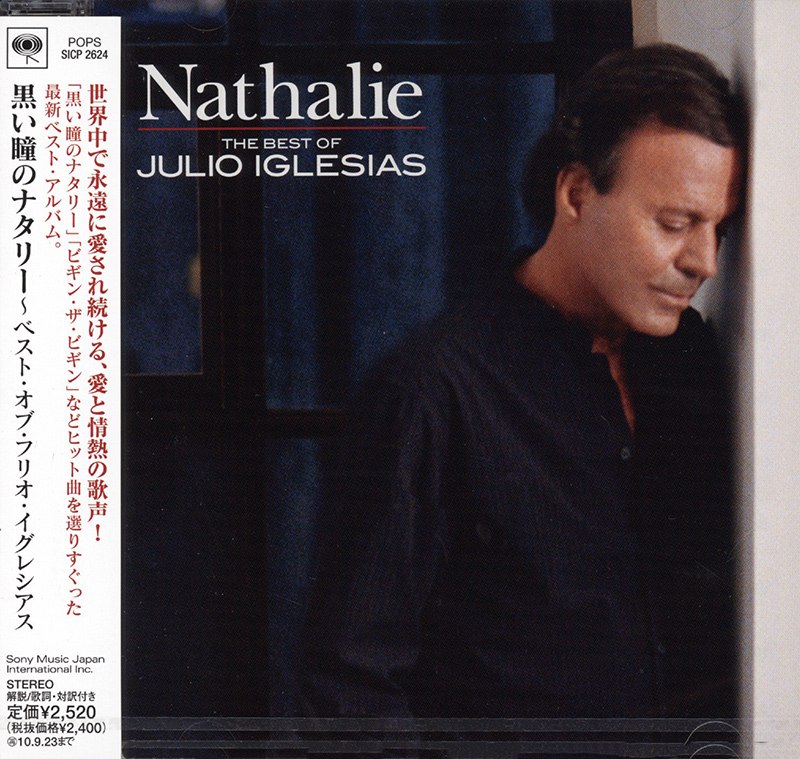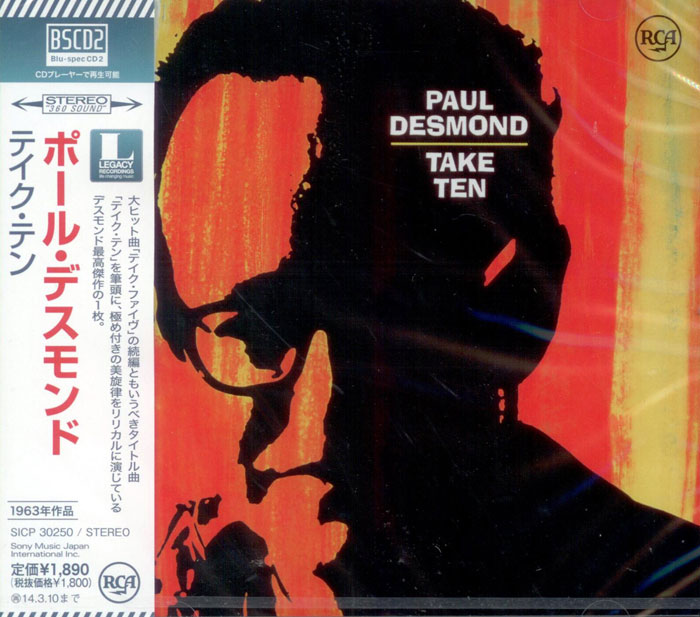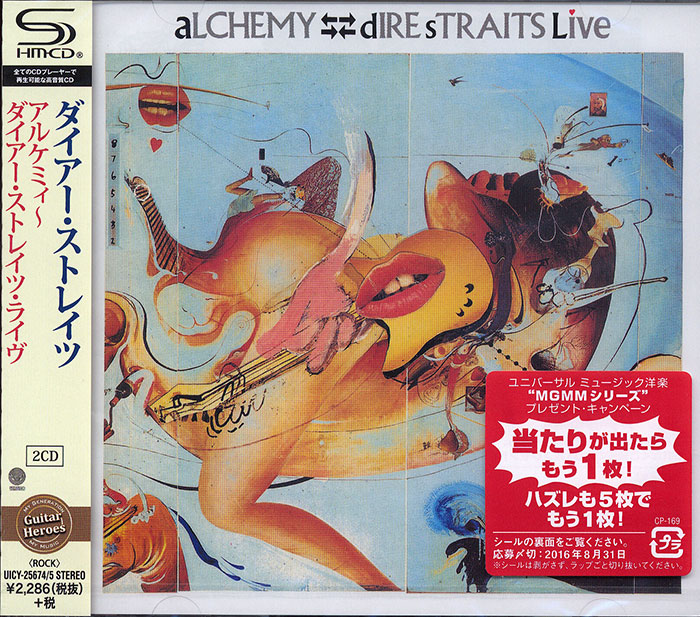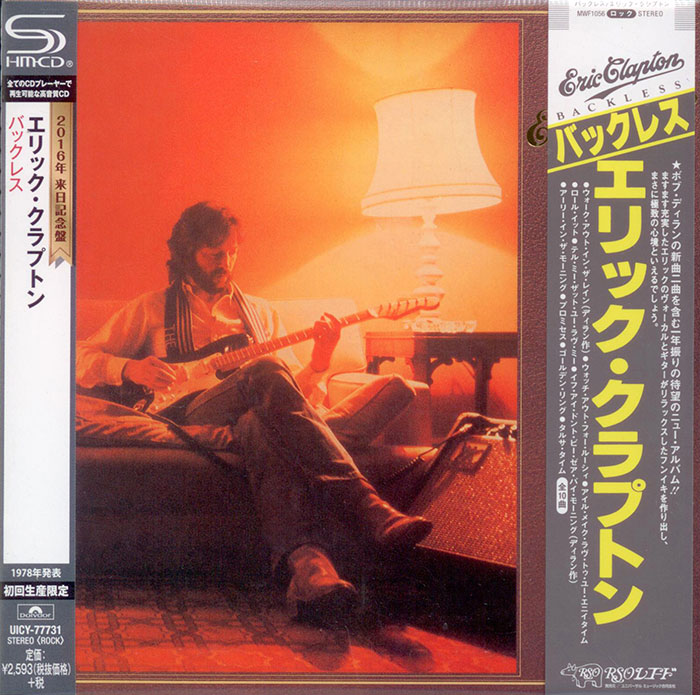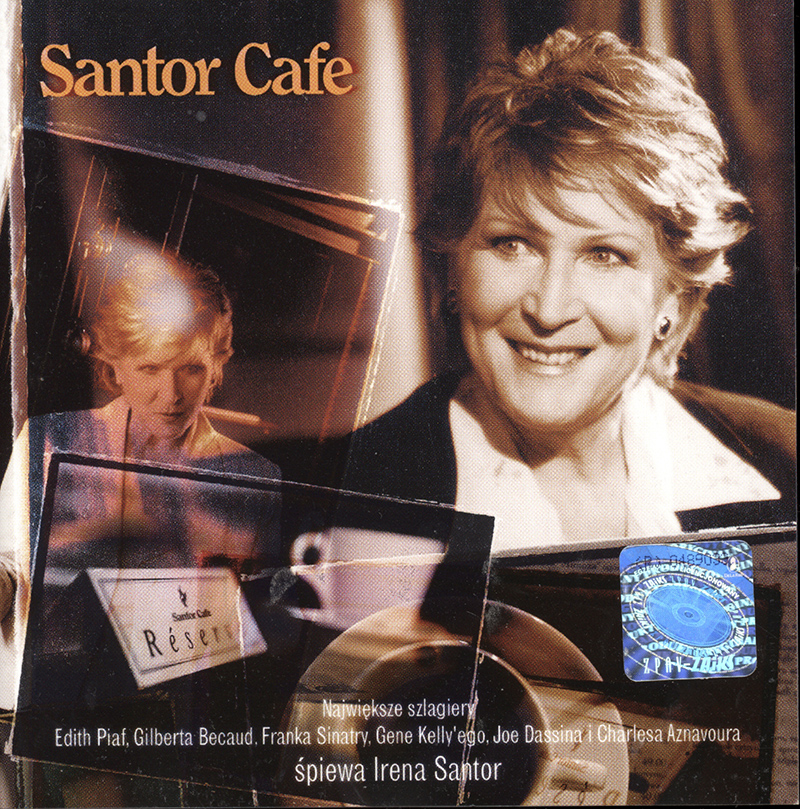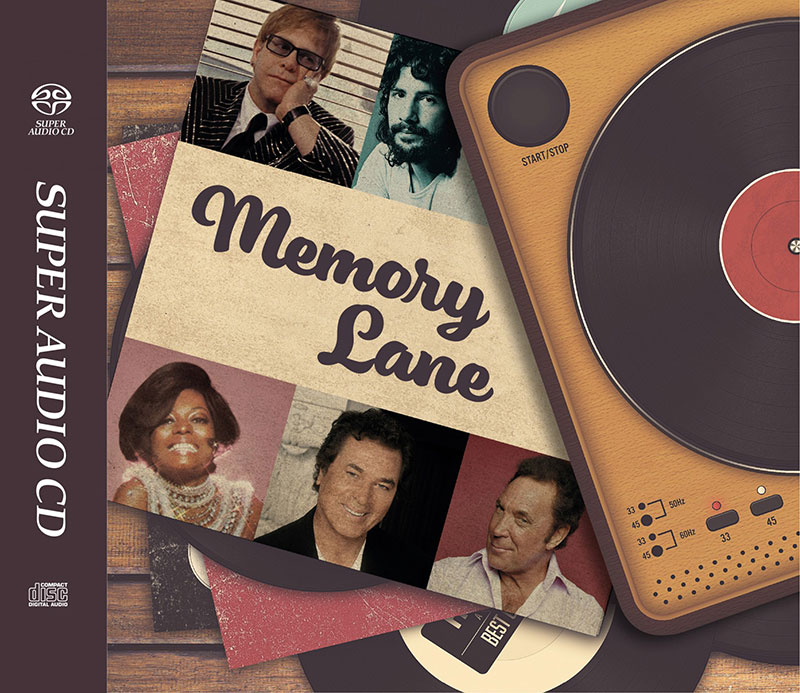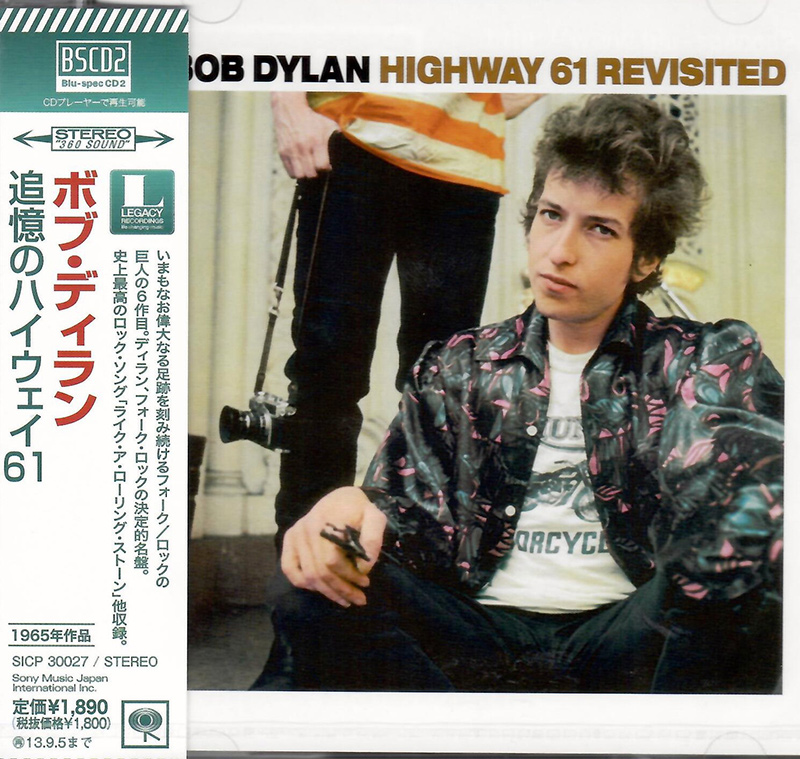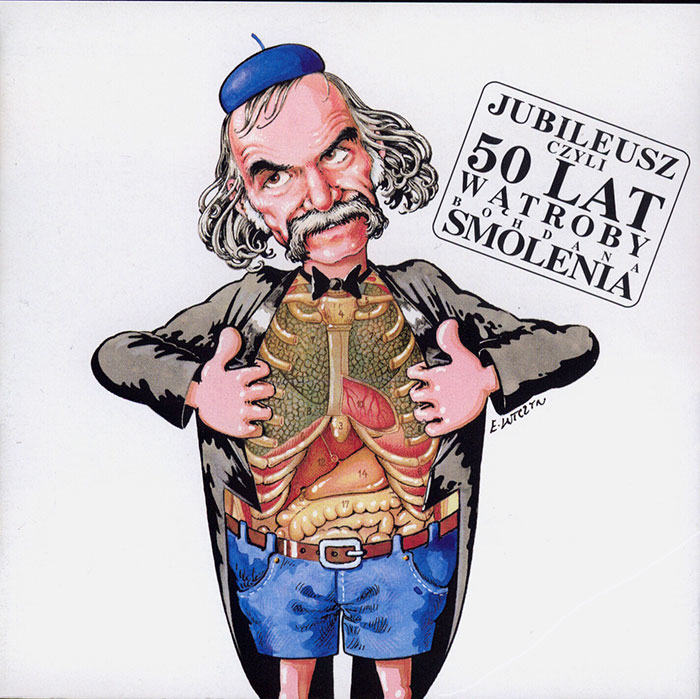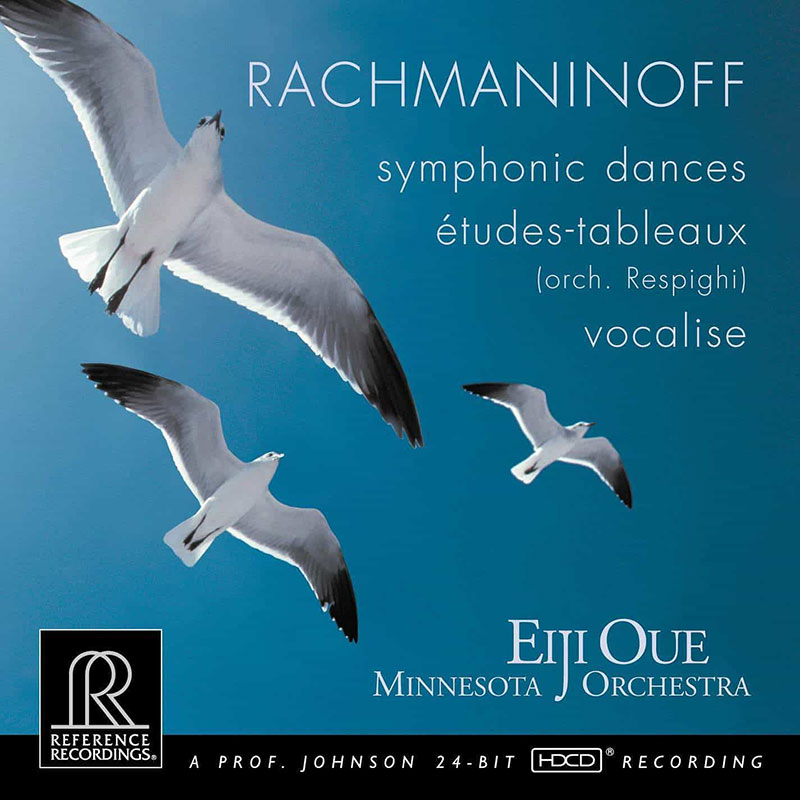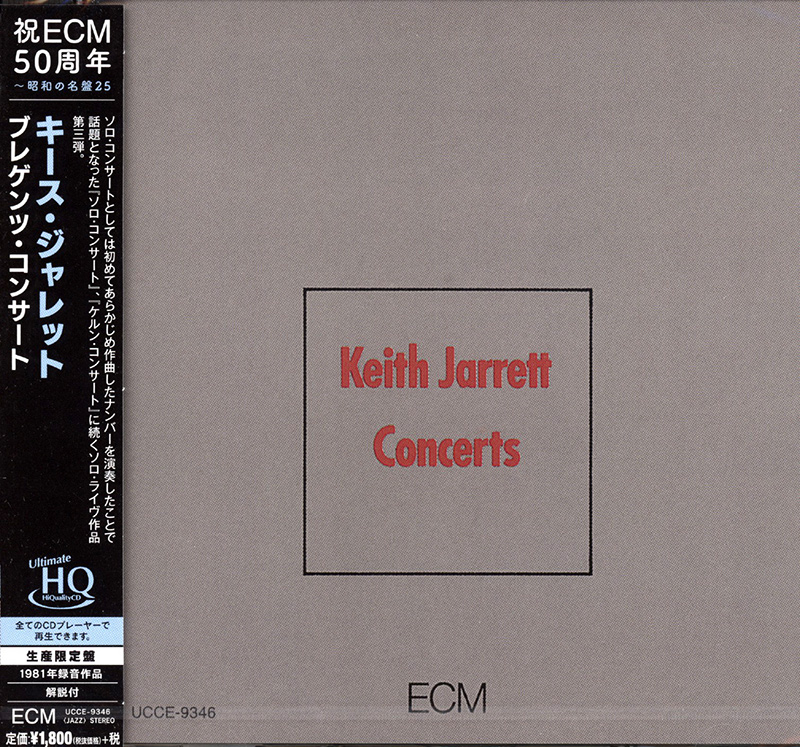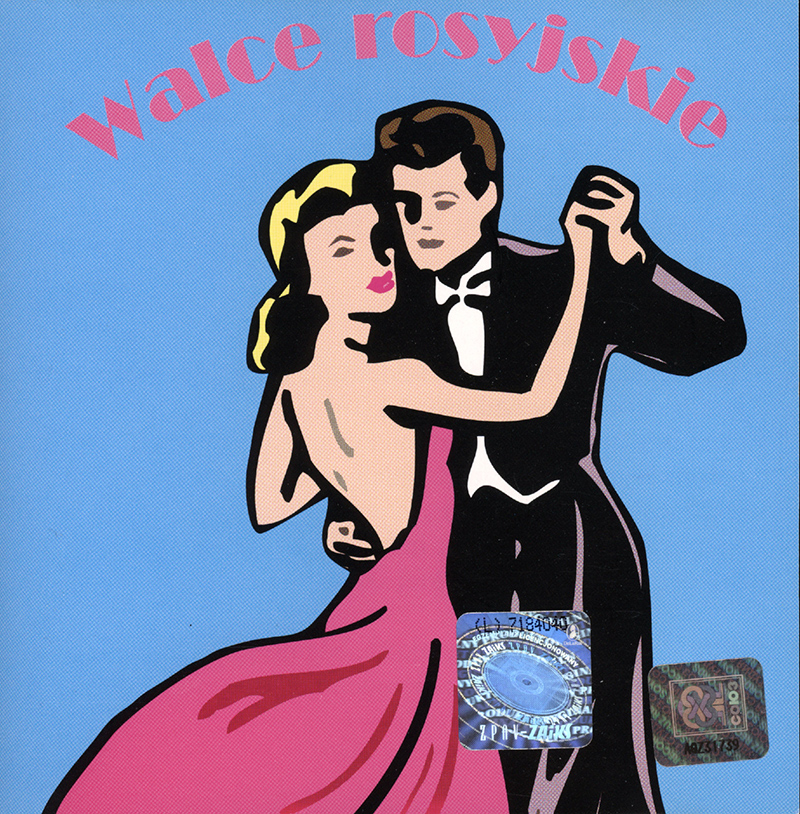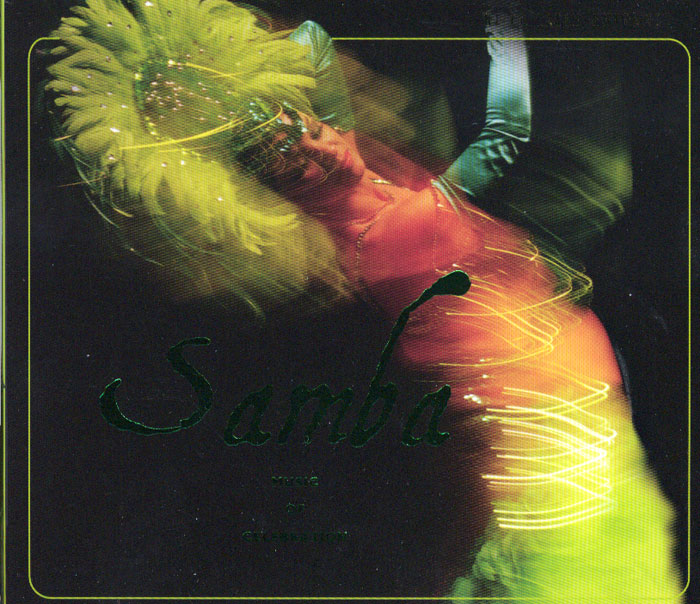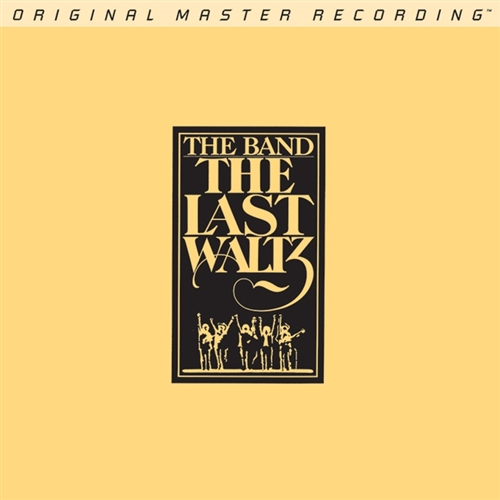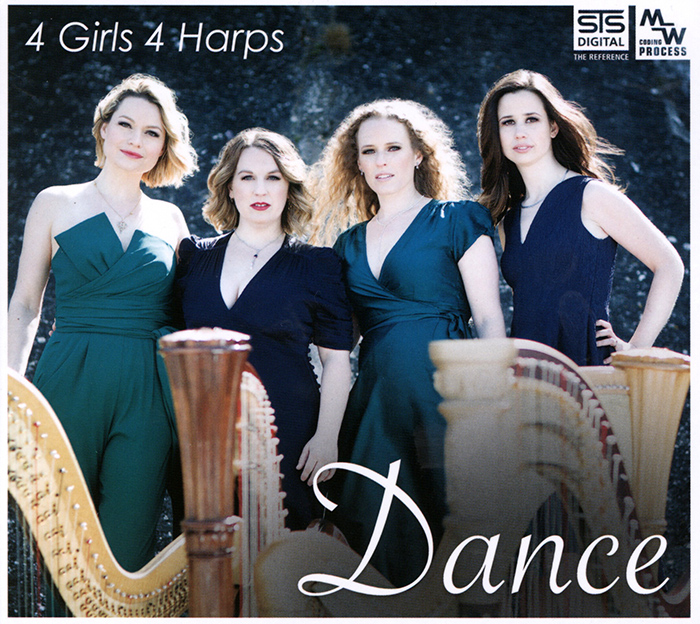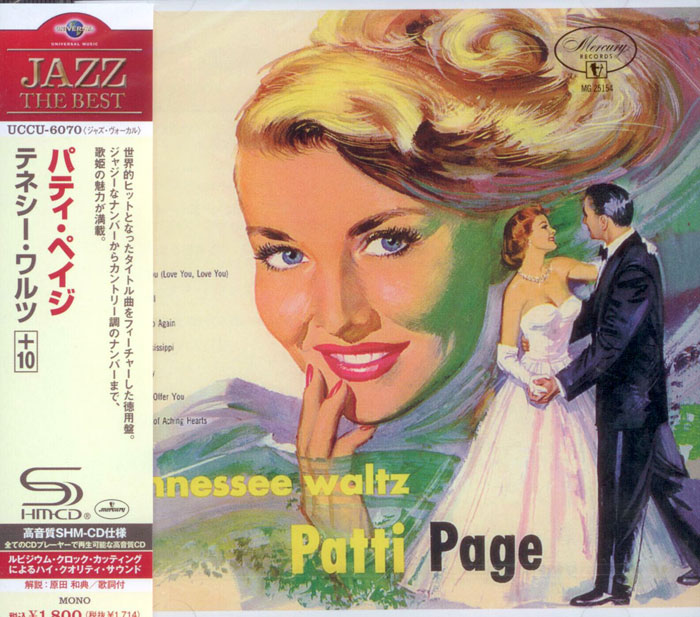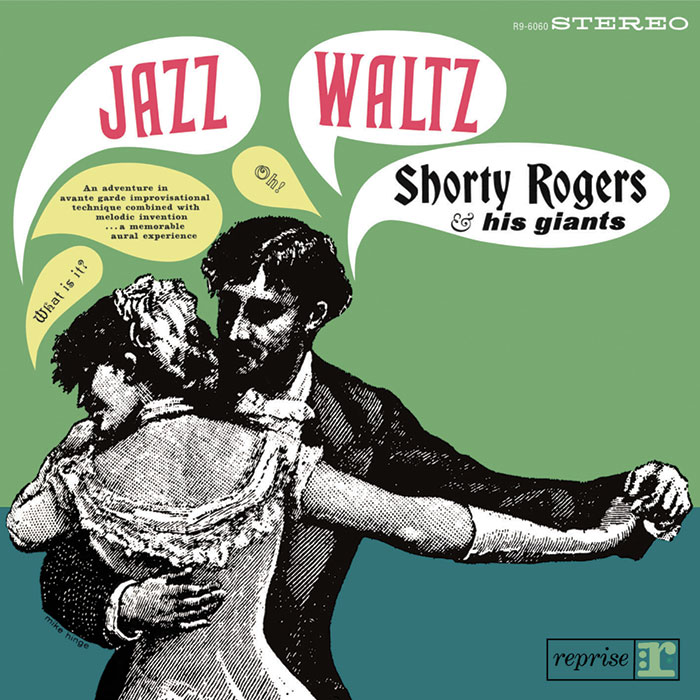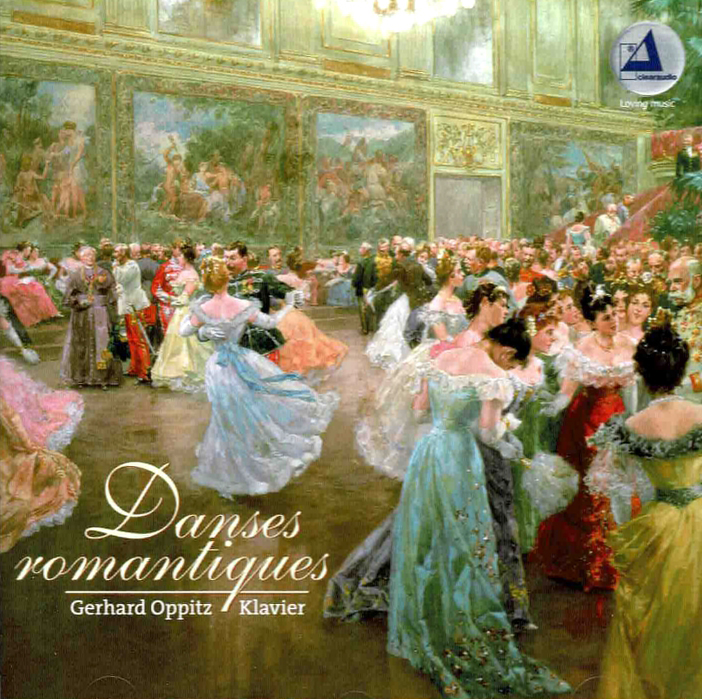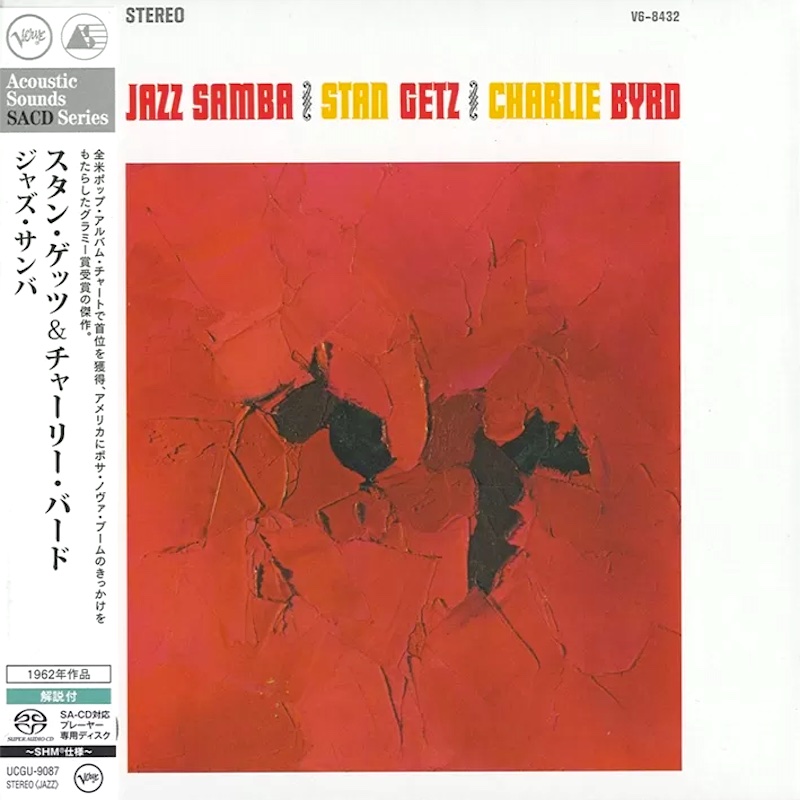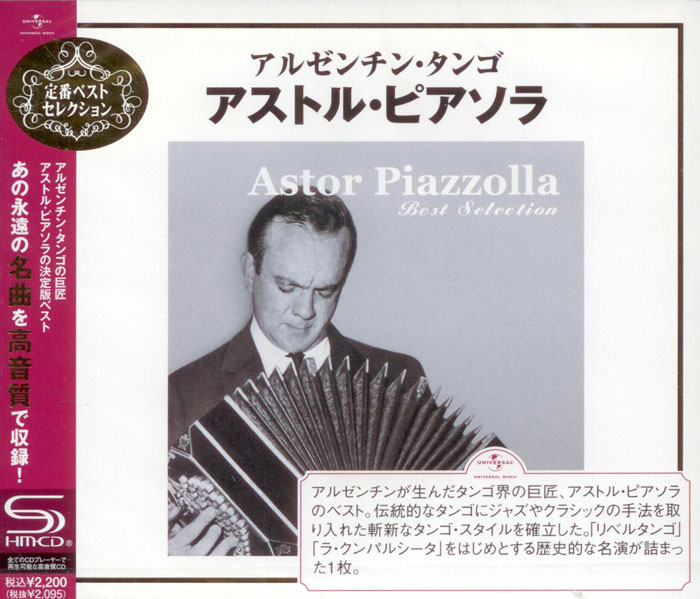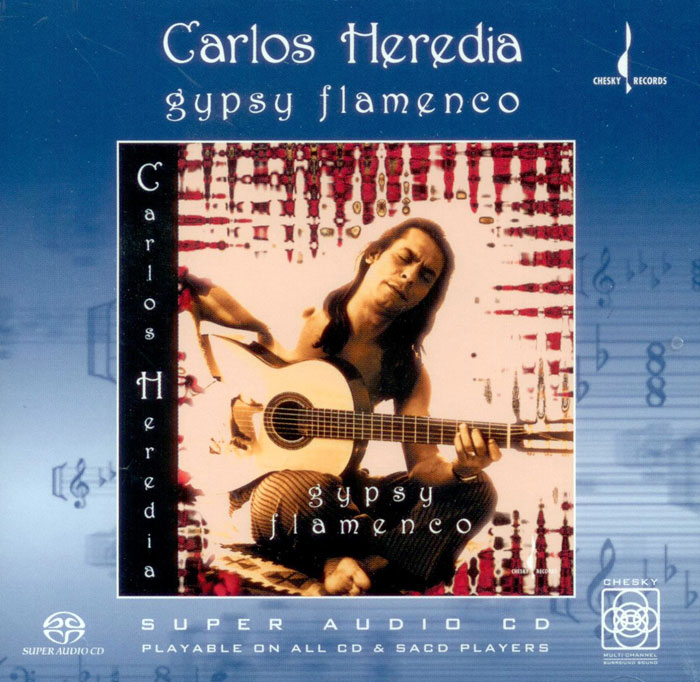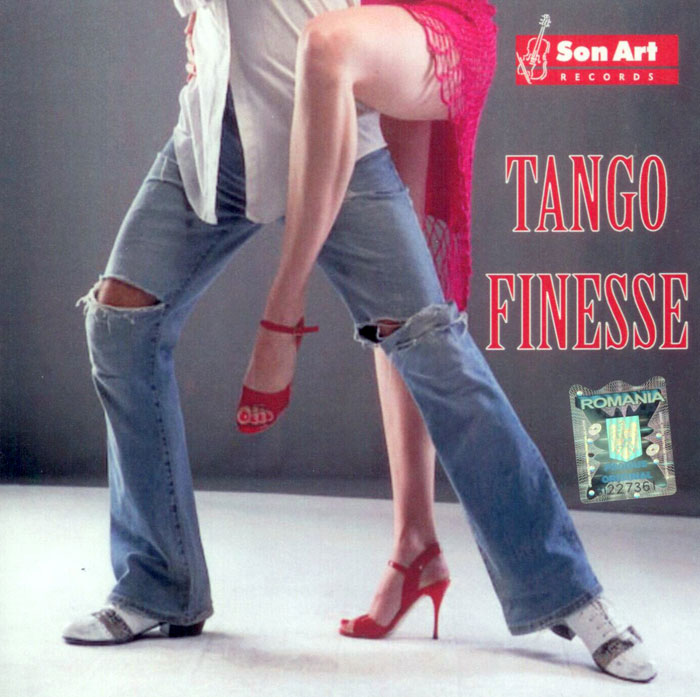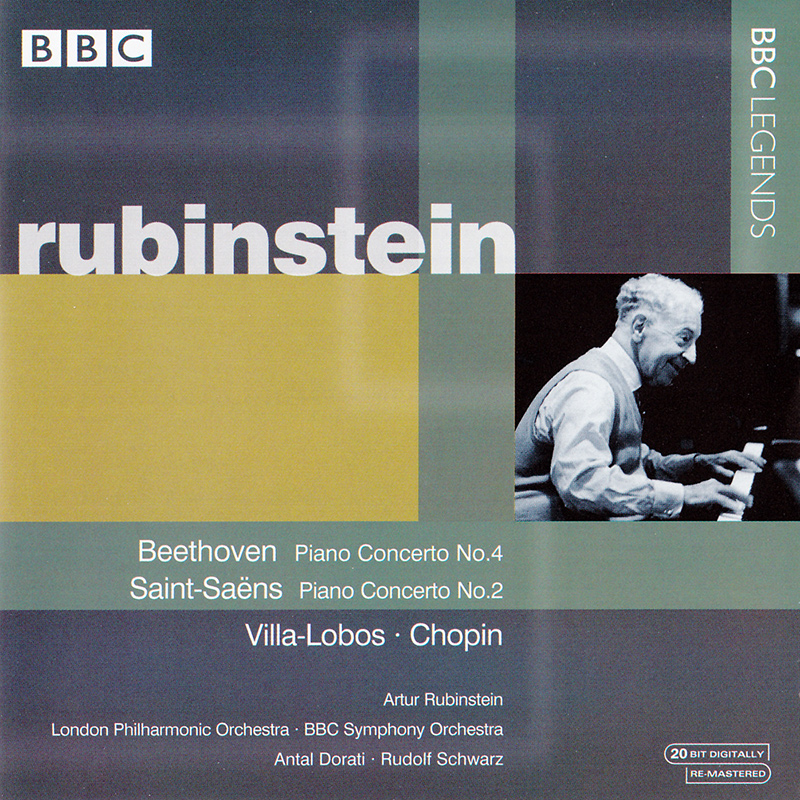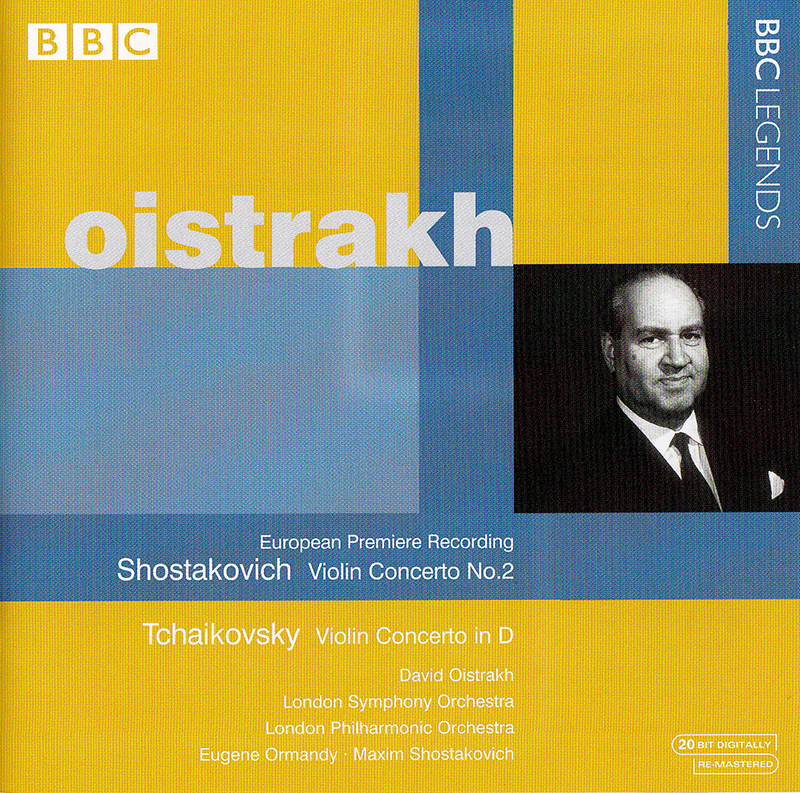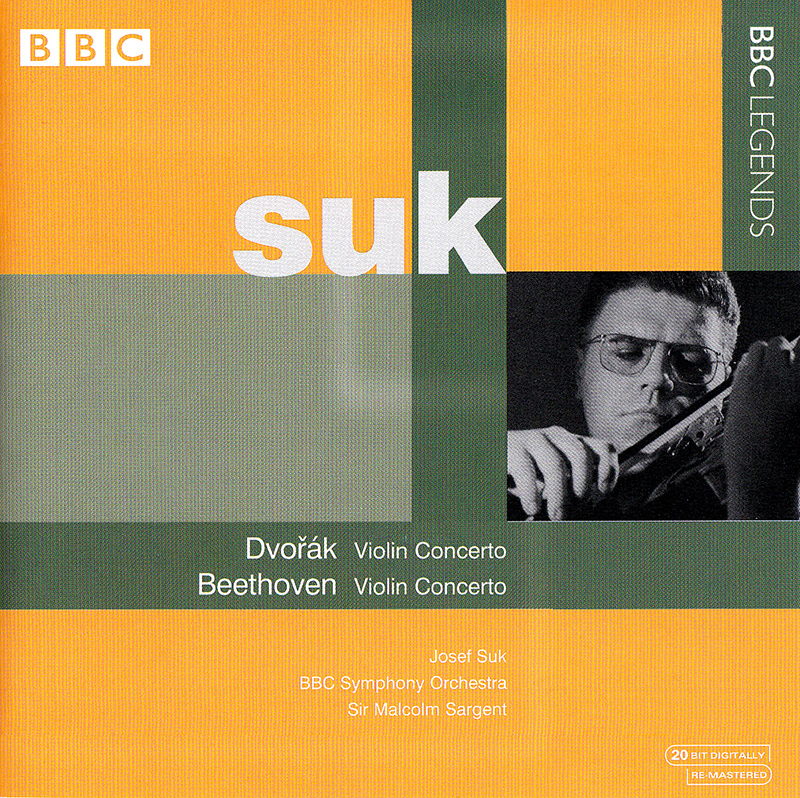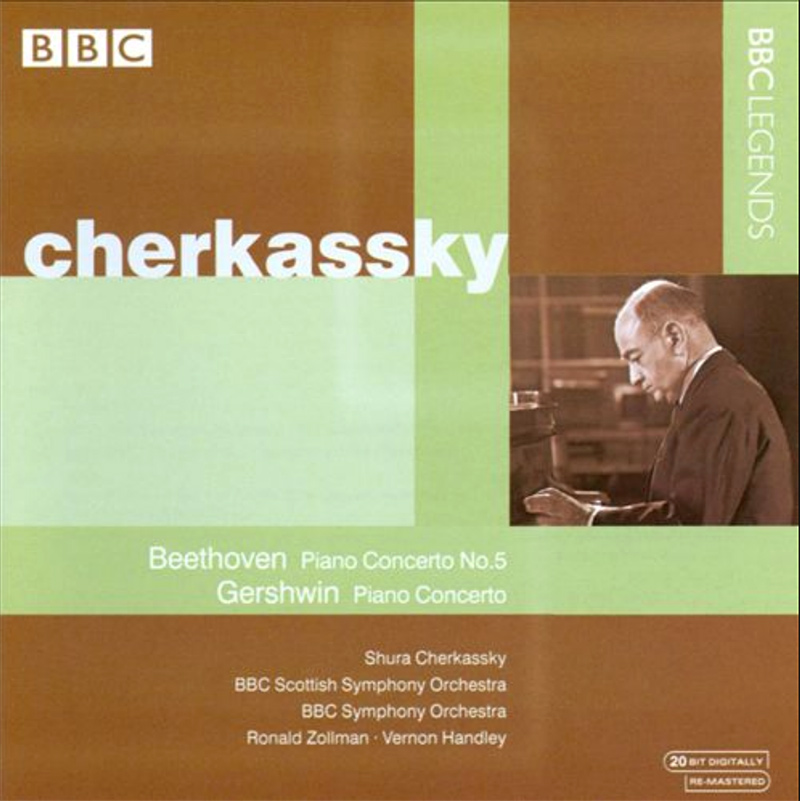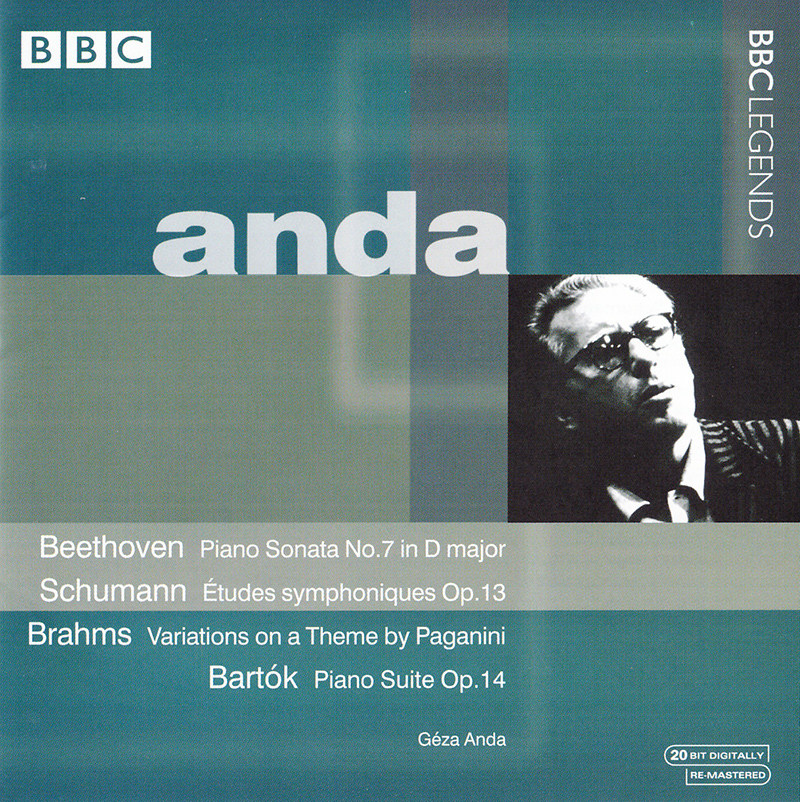Logowanie
Mikołaj - ten to ma gest!
Elton John, The Mamas & The Papas, Cat Stevens, Rod Stewart, Bobbie Gentry, Stevie Wonder, Engelbert Humperdinck
Memory Lane
Edycja Numerowana - 1000 egzemplarzy w skali światowej
RACHMANINOV, Eiji Oue, Minnesota Orchestra
Symphonic Dances / Vocalise
Best Recordings of 2001!!! NAJCZĘŚCIEJ KUPOWANA PŁYTA Z RR!
Karnawał czas zacząć!
Music of Love - Hi-Fi Latin Rhythms
Samba : Music of Celebration
AUDIOPHILE 24BIT RECORDING AND MASTERING
CHOPIN, LISZT, DEBUSSY, DVORAK, Gerhard Oppitz
Dances romantiques - A fantastic Notturno
Wzorcowa jakość audiofilska z Clearaudio
Winylowy niezbędnik
ClearAudio
Double Matrix Professional - Sonic
najbardziej inteligentna i skuteczna pralka do płyt winylowych wszelkiego typu - całkowicie automatyczna
BEETHOVEN, SAINT-SAENS, VILLA-LOBOS, Arthur Rubinstein, London Philharmonic Orchestra, BBC Symphony Orchestra, Antal Dorati, Rudolf Schwarz
Piano Concerto No. 4 in G major Op. 5 / Piano Concerto No. 2 in G Minor Op. 22 / Etude in E minor Op.25 No.5
- Arthur Rubinstein - piano
- London Philharmonic Orchestra - orchestra
- BBC Symphony Orchestra - orchestra
- Antal Dorati - conductor
- Rudolf Schwarz - conductor
- BEETHOVEN
- SAINT-SAENS
- VILLA-LOBOS
More live material from the BBC gives us the fruits of a quartet of dates given by Rubinstein in London. The earliest was the RFH 1957 Saint-Saëns G minor with Rudolf Schwarz followed by the 1958 studio Villa-Lobos and Chopin Etude. Nearly a decade later we have the Beethoven G major concerto and from 1968 we’re back at the RFH hear the Chopin Scherzo. You don’t need to be a Rubinstein specialist to know that none of the works is within a country mile of an addition to his discography. The Beethoven concerto survives in a number of different performances – the 1947 RPO/Beecham was followed by the Symphony of the Air/Krips traversal of 1956, the Boston/Leinsdorf (1964) and the final studio reading with the LPO and Barenboim in 1975. A 1951 NYPSO/Mitropoulos has happily done the rounds, and indeed this BBC performance has itself been out before on Hunt 567. The Saint-Saëns was also a work long associated with the pianist; he was a selective performer of the Frenchman’s music and only ever recorded the Second, with the Symphony of the Air, this time under Wallenstein in 1958 and later with the Philadelphia and Ormandy in 1969. A live NYPSO/Mitropoulos, this time from 1953, has also circulated. As for the Villa-Lobos he recorded the same three pieces from Book I of Prole do bebê back on 78s in 1931, Nos. 6 and 7 in 1941, Nos. 2, 6 and 7 in 1961 and No. 7 in 1964. His Chopin recordings are, after some of these lesser-known affairs, part of his canonic repertoire and hardly need reprising. So much for the discography - now a few words about the performances. His performance with Dorati of the G major is a beautiful and inimitable one. It’s not perfect, and not note perfect, and I think it should be acknowledged that he had already begun the process of progressively slowing up that culminated in those rather lethargic though noble last studio discs. The Beecham set for instance is considerably quicker all round – the finale alone is two minutes quicker and whilst the slow movement is taken at the same tempo, the first movement is much more tensile with Beecham. Nevertheless we can enjoy Rubinstein’s verve and tonal elegance, his subtle colouristic sense, the battles between treble brilliance and bass occlusion, and the terrific first movement cadenza. Limpid but masculine the slow movement doesn’t disappoint whilst the finale has verve and buoyant rhythm, though it’s of a different order, and current, from the quicker Leinsdorf, much less the altogether quicker Beecham. This BBC performance of the Saint-Saëns came quite soon before the studio recording with Wallenstein and it shares those virtues. Elegant and precise and bursting with panache this is a performance rich in personality-packed right hand runs, colouristic profusion and adrenalin soaked drama. It’s exciting and full of a kind of passionate aristocracy of utterance that never allows the concerto to elide either into bombast or into forced rhetoric or indeed, come to that, over-refinement. Rubinstein had known Saint-Saëns and he knew Villa-Lobos, remaining loyal to certain numbers from Book I of Prole do bebê. A Probresinha is especially beautiful in this performance – limpidly done – and O Polichinello is a dizzying and dazzling treat. The two Chopin pieces are beautifully crafted, even the Scherzo where Rubinstein braves the audience’s ignorance of the piece and their subsequent “half time” applause. The notes are good and the sound, whilst variable, pretty reasonable for the vintage though he’s over-recorded in the Beethoven at the expense of orchestral detail. Rubinstein mavens will find this an invaluable addition to their burgeoning discography. Jonathan Woolf
